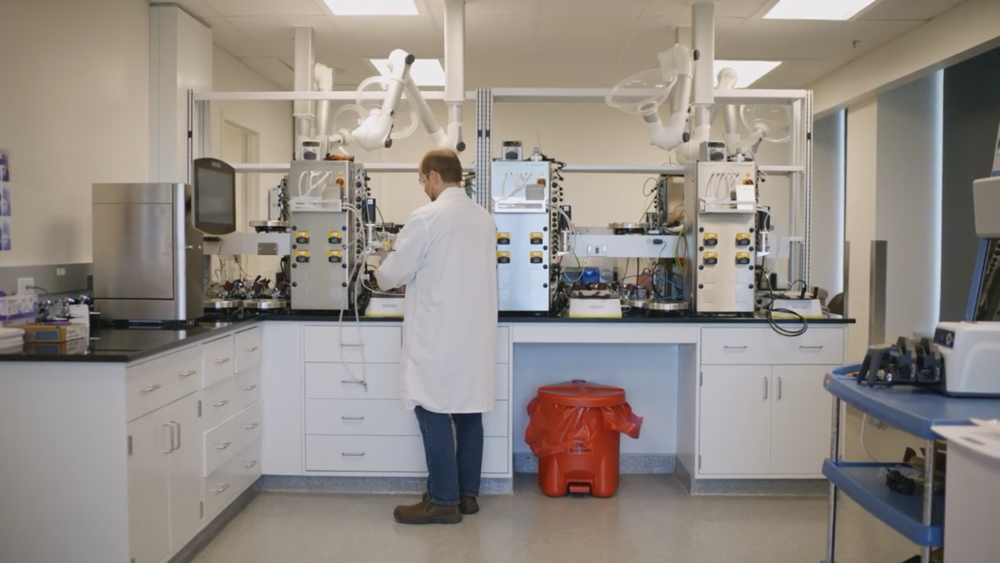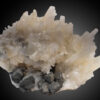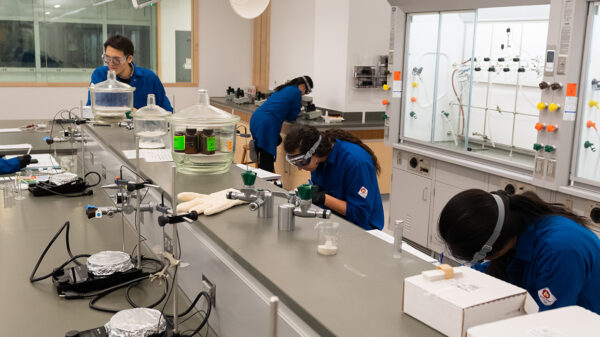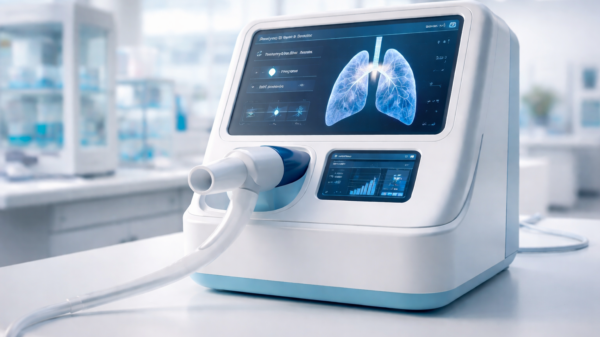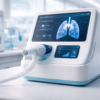BeOne Medicines (NASDAQ: ONC), a Swiss-based cancer treatment firm (formerly BeiGene), saw its stock climb 11 per cent this week after RBC Capital upgraded its outlook.
RBC Capital raised its target price on BeOne to USD$349 from $311 on Wednesday while maintaining an Outperform rating on the stock.
BeOne Medicines develops affordable therapies for several cancers, including Brukinsa for leukemia, Tevimbra for esophageal and gastrointestinal cancers, and pamiparib. The company is also expanding into blood, lung, and breast cancer treatments. Its second-quarter earnings are expected on August 6, with 2025 revenue projected between $4.9 and $5.3 billion.
The stock currently trades at USD$278 and has surged 76 per cent over the past year. This performance has significantly outpaced broader market indices. RBC Capital recently upgraded its valuation of BeOne, citing the company’s leadership in hematologic oncology.
Additionally, analysts see strong upside potential in BeOne’s move into solid tumors. RBC believes Brukinsa will continue to lead the chronic lymphocytic leukemia (CLL) market. Next-generation candidates like sonrotoclax and ‘673 may also expand the market while helping offset future patent expiration risks.
Meanwhile, cash flow from BeOne’s successful CLL and non-Hodgkin lymphoma therapies supports pipeline development. Strategic partnerships in China and growing Tevimbra sales further strengthen this position.
BeOne’s diversified oncology pipeline includes multiple late-stage assets. The company is investing in mRNA technology, AI-driven drug discovery, and expanding clinical trials across global markets.
Also, RBC notes that investors currently undervalue both Brukinsa’s growth potential and the long-term durability of the franchise.
Read more: Breath Diagnostics leader speaks at lung cancer education event in Louisville
Read more: Breath Diagnostics opens Respiratory Innovation Summit with captivating presentation
Lung cancer claims 1.8 million lives per year
Beyond the world of publicly traded companies, there are a number of up and coming startups redefinding how cancer is diagnosed and treated. Craif and Breath Diagnostics each bring unique innovations to the field. Accordingly, they represent a broader shift toward non-invasive, personalized, and AI-powered cancer care.
Craif, based in Japan, developed a urine-based test that detects cancer through microRNA analysis. Its platform, miSignal, identifies early signs of seven cancers, including pancreatic, lung, and breast. The test uses AI and next-generation sequencing to deliver fast, accurate results.
Additionally, Craif has begun generating revenue in Japan and recently raised $22 million to expand globally and pursue regulatory approval.
Each year, lung cancer claims the lives of 1.8 million people. In many cases, the disease is detected too late for effective treatment. Detecting lung cancer at an early stage can dramatically increase survival rates. American Cancer Society performed studies and found that five-year survival jumps from just 6 per cent to over 60 per cent when the disease is caught early.
However, current screening methods like low-dose CT scans present several challenges. They come with high costs and expose patients to radiation. Furthermore, they produce false-positive results in roughly 23 per cent of cases, creating unnecessary anxiety and follow-up procedures.
Kentucky-based Breath Diagnostics believes there’s a better way. The company is advancing breath-based VOC (volatile organic compound) analysis as a new standard for lung screening. This approach is fast, non-invasive, and highly accurate—everything traditional screening methods are not.
Furthermore, the potential applications extend beyond lung cancer. Breath analysis can also detect conditions like pneumonia, COPD, asthma, and even early-stage lung decline sooner. This broader utility makes breath-based screening a promising frontier for respiratory health.
.
joseph@mugglehead.com

